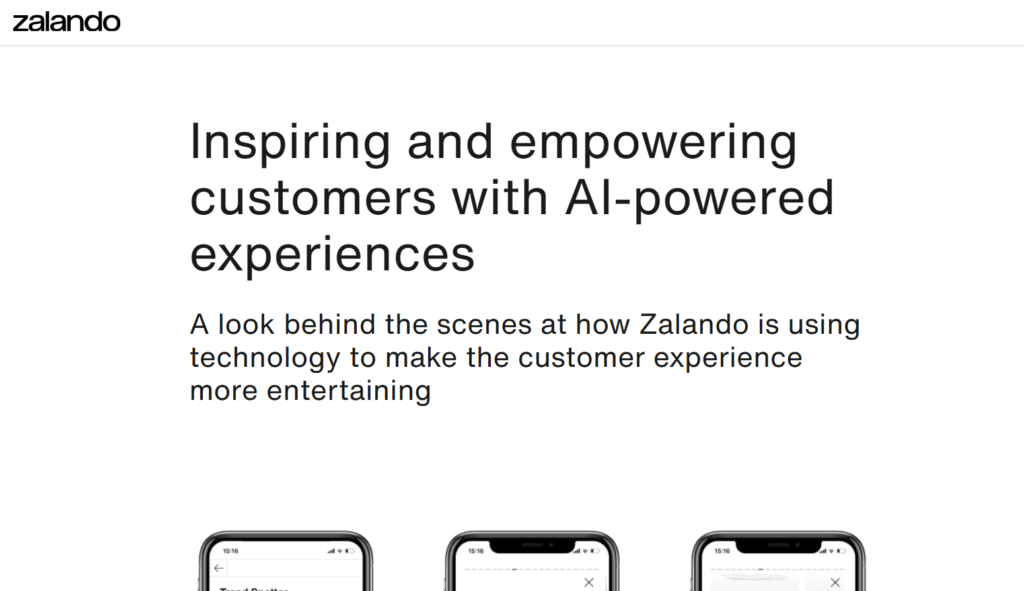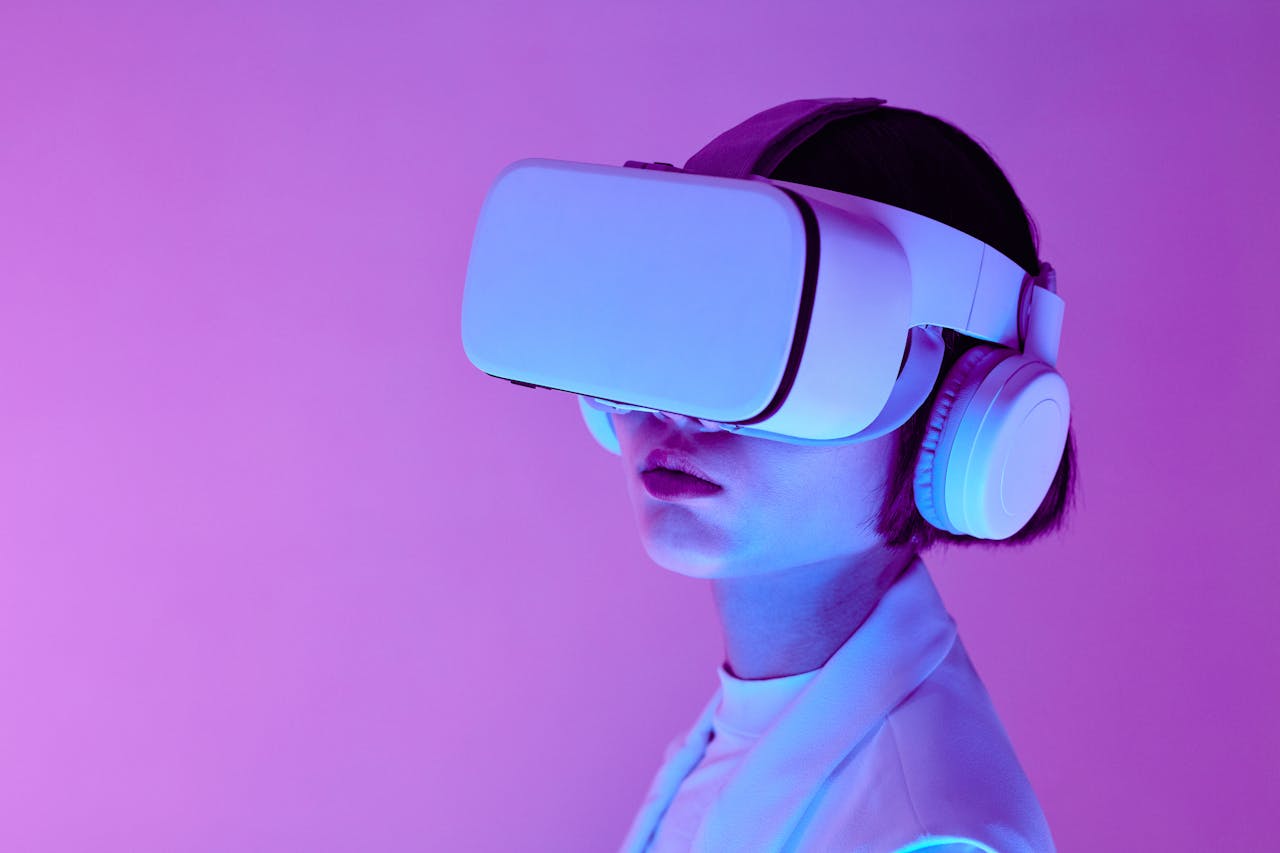Introduction
As customers, we want experiences that feel personal, seamless, and tailored to our needs. Whether it’s a shopping recommendation that matches our style or a service that knows what we need before we even ask, AI is making this level of personalization possible. Businesses are using AI-driven strategies to understand consumer behavior, predict preferences, and create customized interactions that feel effortless. From advanced recommendation systems to predictive analytics, AI is transforming the way companies connect with their audience. In this article, we’ll explore how AI enhances customer experience, real-world applications, challenges, and the future of AI in personalization.
Role of AI Tools in Enhancing Customer Interactions
AI is redefining how businesses connect with their customers, making interactions smoother and faster. These tools also make the experience more user-friendly by understanding individual preferences. Advanced recommendation systems analyze purchasing habits and browsing patterns to suggest products that feel tailor-made, creating a more engaging shopping journey. Predictive analytics takes it a step further by identifying potential needs before customers even realize them, allowing businesses to offer timely solutions. AI-driven voice assistants enhance accessibility, making interactions effortless, while automated support systems respond instantly, eliminating long wait times and frustration. With these innovations, companies can deliver hyper-personalized experiences, fostering stronger relationships and ensuring that every interaction feels effortless and relevant.
Examples of Personalized Experiences Powered by AI
Several companies have successfully implemented AI to create personalized customer experiences that enhance satisfaction and increase engagement. Amazon uses AI to analyze browsing and purchase history, offering tailored product recommendations that make shopping feel more relevant and enjoyable. Similarly, Netflix employs AI algorithms to suggest content based on individual viewing habits, keeping users engaged with shows and movies they are likely to enjoy.

In the e-commerce space, platforms like Starbucks and Sephora are leveraging AI to offer personalized experiences. Starbucks sends tailored offers and promotions via its mobile app, boosting loyalty and sales. Sephora introduced the Virtual Artist, an AI-powered tool that allows customers to virtually try on makeup products, improving their shopping experience and customer confidence. Platforms like eBay and Zalando use AI to predict customer preferences, offer real-time discounts, and recommend products based on trends and inventory.

These AI-powered tools are reshaping how customers interact with brands, making their experiences more personalized, seamless, and enjoyable.
Challenges Faced by Businesses Implementing These Technologies
While AI provides significant advantages, businesses face several hurdles in adopting these technologies. Data privacy and security are critical concerns, as customers are increasingly cautious about how their personal information is used. A breach can lead to a loss of customer trust, which is hard to rebuild. The high initial costs associated with AI tools are another challenge, especially for smaller businesses. Additionally, the technical integration of AI with existing systems can be resource-intensive, requiring both time and expertise to make the transition smooth.
On the customer side, AI-driven personalization also presents difficulties. Many customers feel overwhelmed by over-targeting, receiving too many similar suggestions, which can lead to frustration. Furthermore, since AI recommendations are based on past behaviors, customers often find themselves stuck in a loop of familiar suggestions, preventing them from discovering new products or services. This can create a sense of being trapped in a cycle, where the excitement of finding something new is limited, and they feel confined to a “frame” of previous choices.
Predictions on Future Customer Experience Innovations Driven by AI
In the near future, AI is set to revolutionize customer experiences. Hyper-personalization will allow businesses to predict and meet customer needs in real-time, going beyond basic recommendations to create deeply tailored interactions. AI-powered chatbots and virtual assistants will become more advanced, handling complex queries and offering dynamic, context-aware responses. Predictive customer service will help businesses anticipate issues before they arise, providing proactive solutions to enhance the customer experience. The growth of voice commerce will allow customers to shop and receive personalized recommendations using voice commands, making the shopping process more convenient.
AI will also combine with augmented reality (AR) to provide immersive, interactive experiences, such as virtual try-ons in retail. With advanced analytics, AI will improve the way businesses gather and interpret customer feedback, allowing them to better understand preferences and improve services. Additionally, emotion recognition technology will help businesses tailor interactions by understanding customers’ emotional states through voice or facial expressions.
These innovations promise to make customer experiences more efficient, personalized, and engaging, setting the stage for a new era in customer service.
Conclusion
The future of customer experience is shaped by innovative technologies, making interactions faster, more personalized, and relevant. While challenges like data privacy and integration complexity remain, the benefits are clear—improved customer satisfaction and loyalty. Advances like emotion recognition and augmented reality will create more interactive and immersive experiences. As AI becomes more accessible, even small businesses can offer personalized experiences, leveling the playing field. These innovations will redefine customer service, setting new standards for seamless, intuitive interactions.
